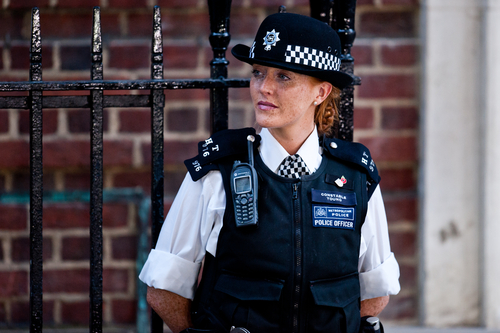New SMS-Based System Can Track Mobile Phone 999 Calls To Within 30 Metres

BT, EE and HTC say Advanced Mobile Location (AML) is 4,000 times more accurate than current methods and could save lives
The creators of a new SMS-based system to determine the source of 999 calls made via a mobile phone claim it is 4,000 times more accurate than existing methods and could save time and lives in an emergency.
Advanced Mobile Location (AML) has been developed by BT, EE and HTC and can pinpoint a user’s location to within 30 metres using a smartphone’s GPS.
This information is sent via a free text to BT’s 999 call centre, which is invisible to the user, and is automatically paired with the phone call before being validated against the network cell information to ensure it is valid. This process takes approximately 18 seconds.
BT 999 ALM
 Currently, emergency calls made from a mobile phone can only be traced using the cell which is only accurate to within a few square kilometres. Therefore call centre operators must extract as much information as possible about the location of the emergency from the caller, who might be stressed, injured or unaware of their surroundings.
Currently, emergency calls made from a mobile phone can only be traced using the cell which is only accurate to within a few square kilometres. Therefore call centre operators must extract as much information as possible about the location of the emergency from the caller, who might be stressed, injured or unaware of their surroundings.
Sixty percent of 999 and 112 calls are made via a mobile phone, amounting to 22 million each year, but these take 30 seconds longer than a landline and in some cases can require three minutes of extra questioning to determine location.
It is also estimated that 36,000 “critical” incidents reported by mobile each year involve emergency services spending up to 30 minutes searching for the location and that in 330,000 calls a year, the caller is unable to speak to the operator.
“The 999 service has remained voice-centric since 1937 – whilst multimedia technology has developed around it,” explains Sue Lampard, president of British Association of Public Safety Communications Officials (BAPCO).
Saving lives
“In the 21st century it is hard to believe that the UK emergency services are unable to receive good location data – they are reliant on the caller to tell them. Invariably during a 999 call, the caller will be distressed, so trying to pinpoint their location adds unnecessary time before resources can be deployed.”
Currently, ALM is available on most new HTC phones, including the HTC One (M8) and HTC One, on EE’s network, but the technology has been developed sp the same approach can be adopted by other operators. The feature will be enabled on HTC phones on rival networks soon and other manufacturers have started creating compatible smartphones too.
“This is a major breakthrough and will undoubtedly help save lives,” says John Medland, BT’s 999 policy manager. “It is obviously vital for the emergency services to get fast, accurate information so they can pinpoint where an incident is and provide help as quickly as possible.
“AML will help to cut response times, particularly for calls where there is only minimal location information. We’re really looking forward to the other mobile networks and manufacturers making this available too, and are working with all UK mobile networks to help this happen.”
What do you know about the history of BT? Take our quiz!